
OR
Beyond Borders
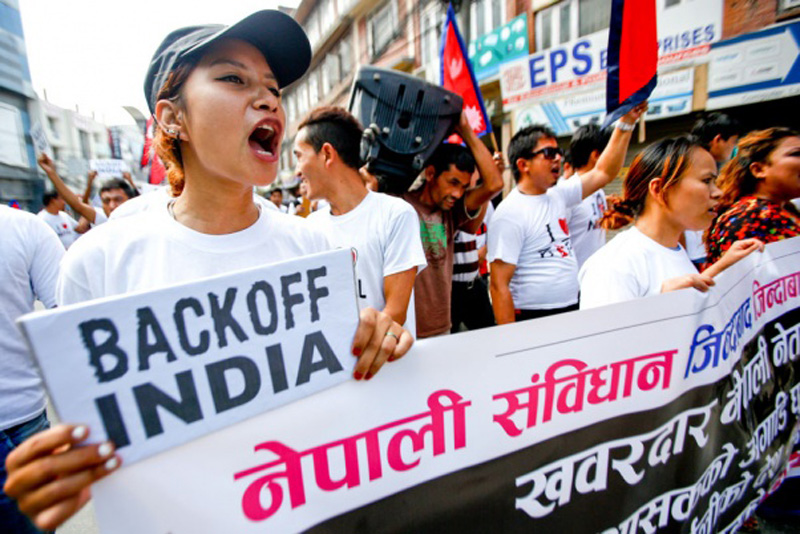

Biswas Baral
Biswas Baral has been associated with Republica national daily as a journalist since 2011. He oversees the op-ed pages of Republica and writes and reports on Nepal's foreign affairs. He is a regular contributor to The Wire (India).biswas.baral@myrepublica.com
More from Author
Sir, greetings from Kathmandu. Hope you are enjoying your retired life. It is wonderful that you have taken to writing to pass your time and to share your wealth of first-hand knowledge on India’s foreign policy. As former foreign secretary of India and an ex-ambassador to Nepal, your words carry a lot of weight here. Let me not keep you for long and get straight to the point. I wish to bring to your notice some aspects of an article you recently wrote for The Indian Express.
Yes, there is greater support for Hindu state, but changing the country’s secular character at this point will invite more problems than it will help solve. Why try to fix something that isn’t broken, right?
If we need India’s help, we will ask for it. But if India continues to offer unsolicited help with every little thing we do here in Nepal, it will needlessly fan anti-India sentiments. Please advise caution to the Indian establishment. It is not in India’s interest to push Nepal any farther.
You May Like This

Students react to letter grading system
KATHMANDU, Jan 25: After two years of implementation, Grade XI results were published under the letter grading system this year.... Read More...

My last glimpse to your letter
My last glimpse to your letter ... Read More...
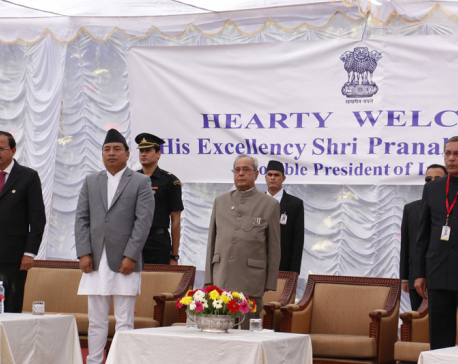
Indian President to be offered letter of civic felicitation in three languages
JANAKPURDHAM, Nov 2: The letter of civic felicitation to be presented to President of India Pranab Mukherjee by the people... Read More...



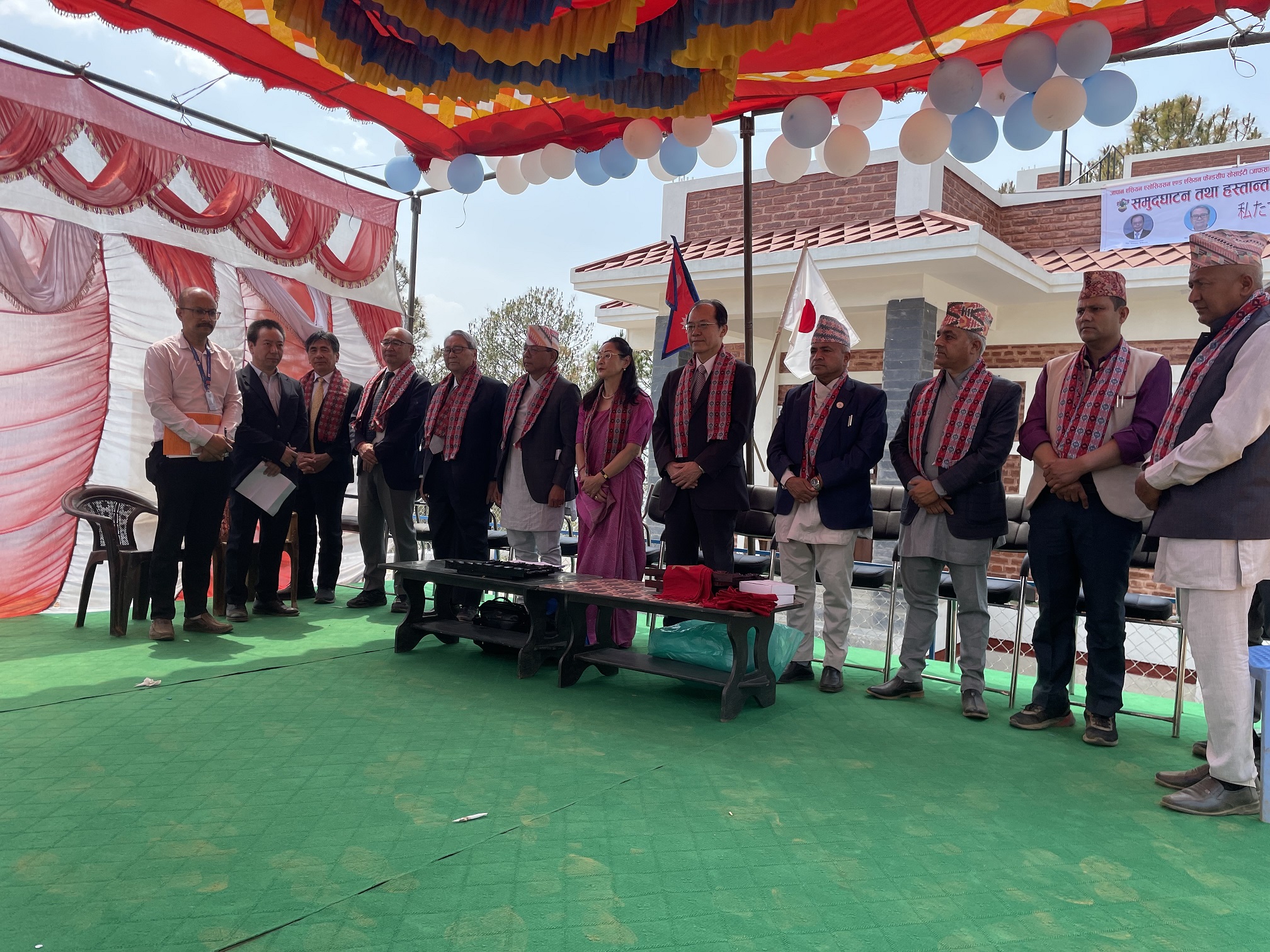
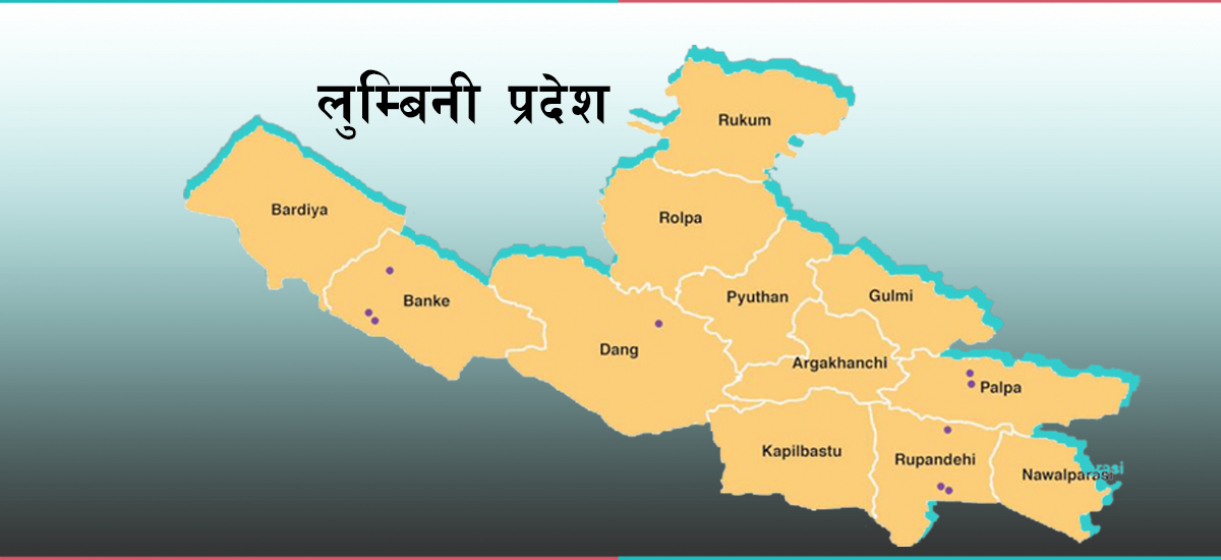
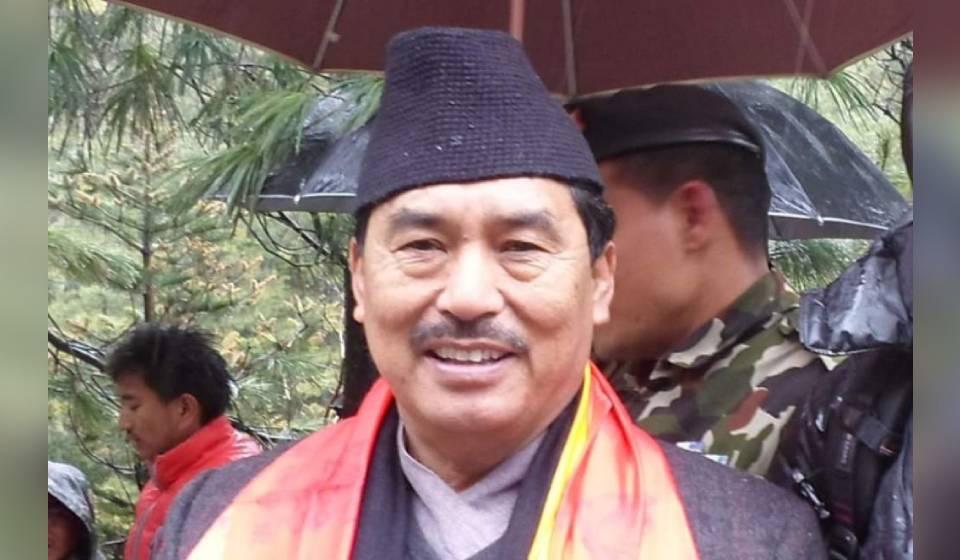


Just In
- Japan hands over Community Center for Disaster Prevention to Indrawati Rural Municipality
- Lumbini: Seven ministers gain portfolios
- NC lawmaker Gurung’s suspension lifted
- Homicide accused arrested after 17 years
- Karnali: Maoist Center’s Pariyar appointed as minister without portfolio
- Illam by-election: Nepal-India border to be 'sealed' from midnight today
- Gold price rises by Rs 500 per tola
- Emir of Qatar returns home after wrapping up state visit to Nepal



_20240423174443.jpg)




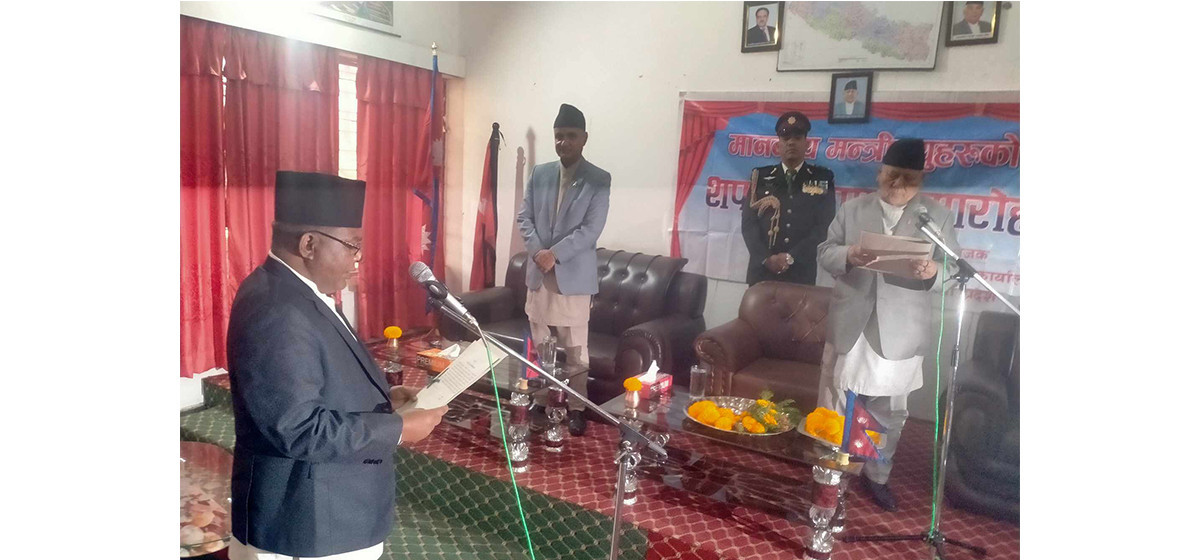

Leave A Comment